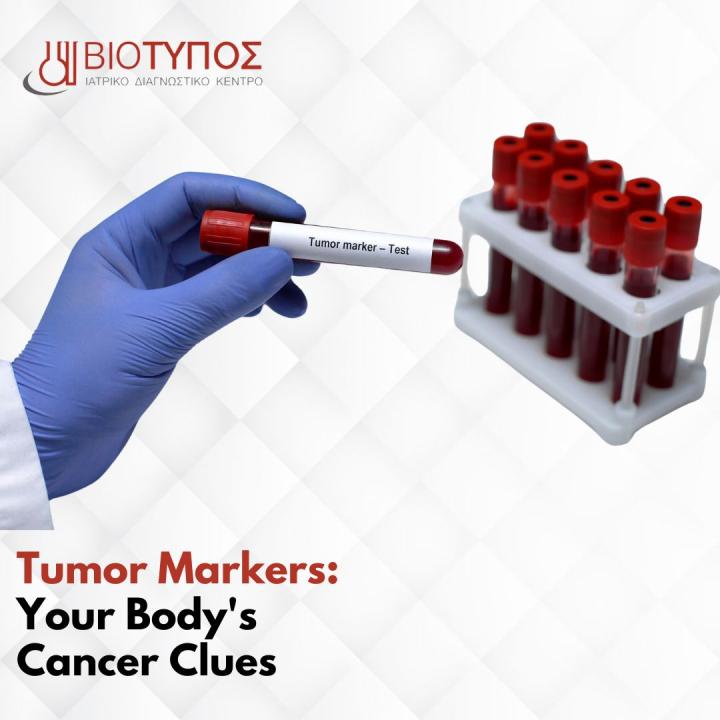
Tumor Markers: Your Body's Cancer Clues
What are Tumor Markers?
Tumor markers are substances produced by either cancer cells or healthy cells in response to cancer. They can be found in the blood, urine, or other bodily fluids. While they aren't a definitive diagnosis for cancer, they can provide valuable information about a tumor's presence, size, and how it's responding to treatment.
Common Tumor Markers
Several tumor markers are used to monitor different types of cancer:
- CEA (Carcinoembryonic Antigen): Often associated with colorectal cancer, but can also be elevated in other cancers and non-cancerous conditions.
- CA-125: Primarily used to monitor ovarian cancer, but can also be elevated in other conditions like endometriosis and pregnancy.
- CA-15.3: Primarily used to monitor breast cancer, but can also be elevated in other cancers and liver diseases.
- CA-19-9: Often associated with pancreatic cancer, but can also be elevated in other digestive cancers and liver diseases.
- PSA (Prostate-Specific Antigen): Primarily used to screen for prostate cancer in men.
How Tumor Markers Are Used
Tumor markers play a crucial role in cancer management:
- Diagnosis: While not conclusive, elevated tumor marker levels can indicate the presence of cancer and guide further testing.
- Monitoring Treatment: Tracking changes in tumor marker levels can help assess the effectiveness of cancer treatments.
- Detecting Recurrence: Regular monitoring of tumor markers can help detect if cancer has returned after treatment.
Important Considerations
It's essential to remember that:
- Tumor markers can be elevated in people without cancer.
- Tumor markers alone cannot diagnose cancer.
- Other tests, such as biopsies and imaging studies, are necessary for a definitive diagnosis.
Conclusion
Tumor markers are valuable tools in cancer care, but they should be interpreted in conjunction with other diagnostic tests. If you have concerns about your health, it's crucial to consult with a healthcare professional for proper evaluation and guidance.
Concerned about your cancer risk? Schedule a checkup or Ask For Treatment




